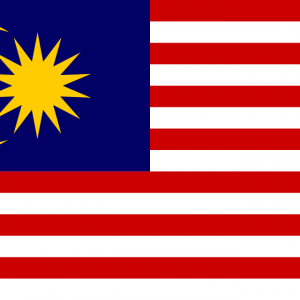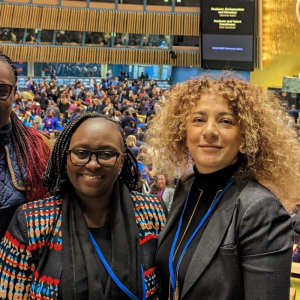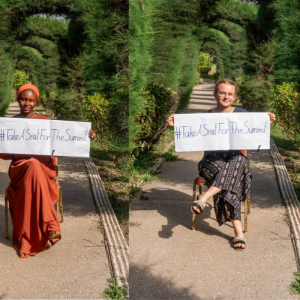Earlier this month, Nigeria passed a bill which seeks to end female genital cutting (FGC) and other forms of gender-based violence. Until now, there had been no law banning FGC in the country. The House of Representatives (lower house) passed a bill in 2007 to ban FGC which was awaiting Senate (upper house) and Executive approval.
This is very significant considering President Goodluck Jonathan who passed the bill will be succeeded on May 29 by President-elect Muhammadu Buhari; the signing of the bill into law came four days before the handing over of governance to a new administration.
As noted in The Guardian:
Such laws are a must. They are particularly critical for organisations working tirelessly to end FGM. In Nigeria, this law provides them with a legal framework and backing to tackle the problem. The legislation sends a clear message on impunity and serves as a basis for holding government to account.
However, criminalisation of entrenched cultural practices has its limitations. While legal safeguards are an important step towards ending FGM, they are not enough to eliminate it. Ending violence against women and girls requires investment, not just laws written in statute books. This is why we must emphasise community engagement, with a view towards shifting social norms, as a critical component of the eradication of FGM.
Read more about FGC in Nigeria here.






